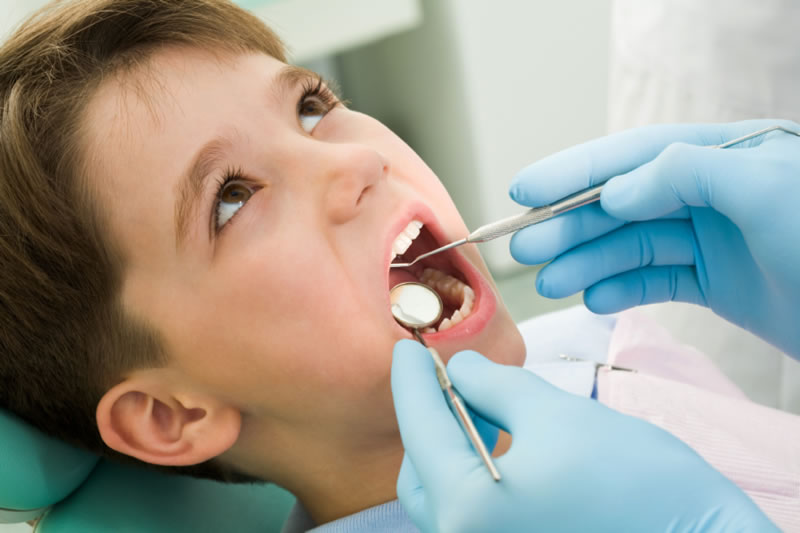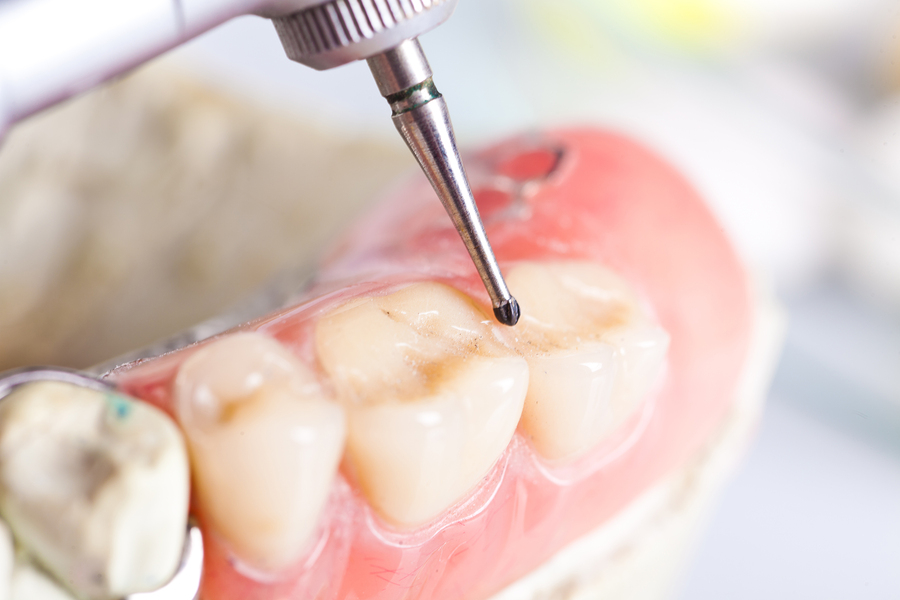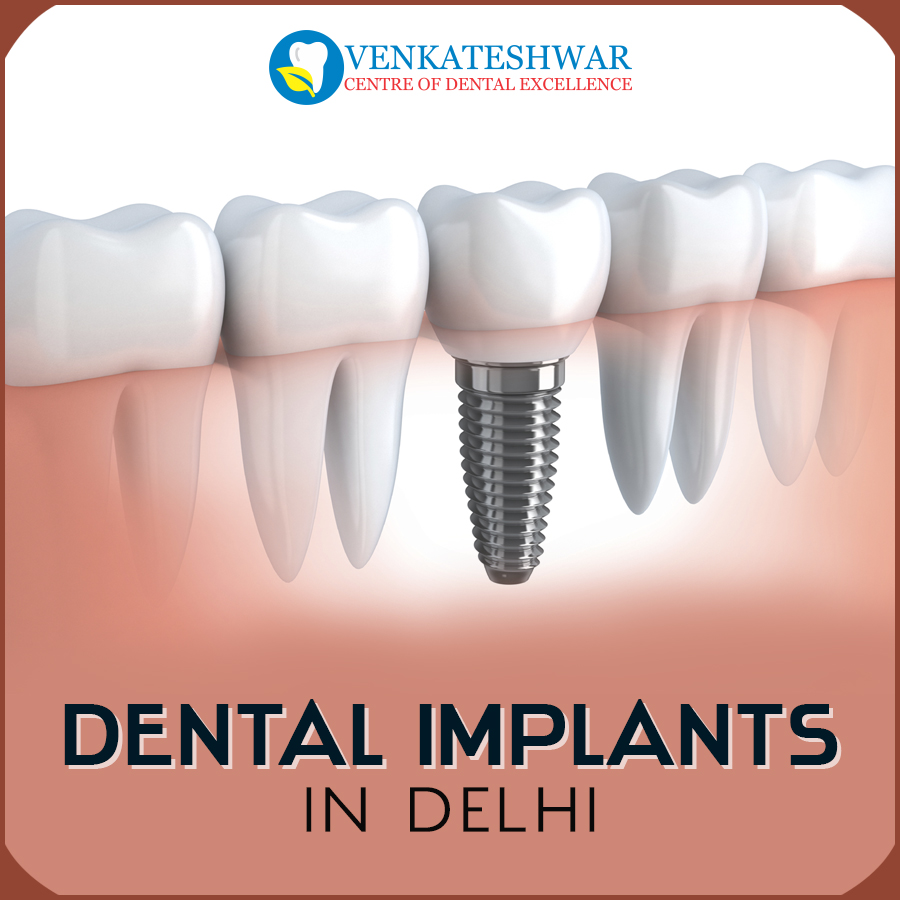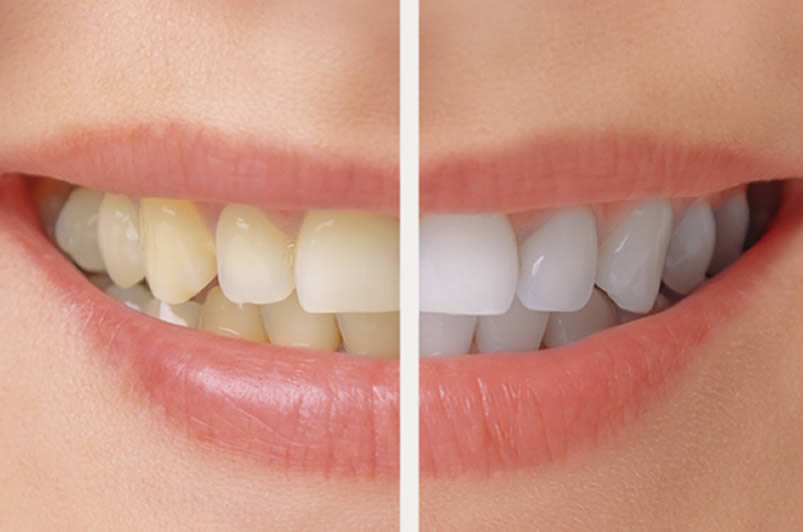Many parents think that there is no need to treat milk teeth because soon they will fall out. But this opinion is very erroneous. To take care of the health of the child’s teeth, you need to start from the moment they appear. Therefore, as soon as the first teeth appeared, you should immediately contact a pediatric dentist.
It is very important to teach the child to carefully care for baby teeth, because in childhood enamel is more vulnerable to the influence of various factors. No need to run from the problem and hide behind the phrase “still fall out.” If you notice a darkening of the child or he complains of discomfort in the mouth – immediately contact your pediatric dentist for treatment!

Milk teeth caries
Caries is a pathological process of hard tooth tissues, manifested by demineralization (loss of the main structural elements of the tooth – calcium, and phosphates) and its subsequent destruction with the formation of cavities.
In children, this process is characterized by a multiplicity (several teeth are affected at once, if not all) and transience. There are types of caries that appear only on baby teeth – circular caries and caries on the plane. The first affects the incisors and canines, and in the cervical area, which often leads to the crowns of the crown, the second – rapidly spreads in width, forming a large carious plane.
The main reasons are to treat milk teeth.
A permanent intervention may suffer permanent teeth.
Caries is an infectious disease, and infections tend to spread rapidly while capturing new areas and even the inside of the jaw, where future permanent teeth “mature.” As a result, dental tissues suffer.
Caries that are not treated can cause a large number of diseases.
Simple caries can “lead” for a sore throat, otitis media, bronchitis, and even gastritis. The inflammatory process in the oral cavity significantly reduces the immunity, and the child can often get sick. But if you go to a dentist in time and prevent the spread of caries, these complications can be avoided.
Those who do not attend a pediatric dentist are more likely to have problems with diction.
Milk teeth appear around the time when a person begins to speak. Milk teeth play an essential role in the formulation of sounds and the formation of proper diction. Incorrectly formed teeth or their early loss can seriously harm this process. Defects of diction are not particularly noticeable at an early age, but if the child makes the wrong stereotype when making sounds, in the future, it will be very difficult to get rid of him.
The child should not hesitate to smile.
Many complexes in children develop in childhood; during this period, kids pay attention to the shortcomings of others. Spoiled baby teeth spoil the impression of the child’s appearance, and if an unpleasant supply of mouth is added to this, the child risks becoming an object of ridicule. Therefore, he may begin to hide a smile from childhood, which in the future may be perceived as closeness and unfriendly.
The child constantly suffers pain.
In the case of deep caries, the pain may be permanent or paroxysmal. It gives the child constant inconvenience. If you want to see your child with a smile on his face and happy – take care of the health of his milk teeth and go to children’s dentistry at least once every six months.









